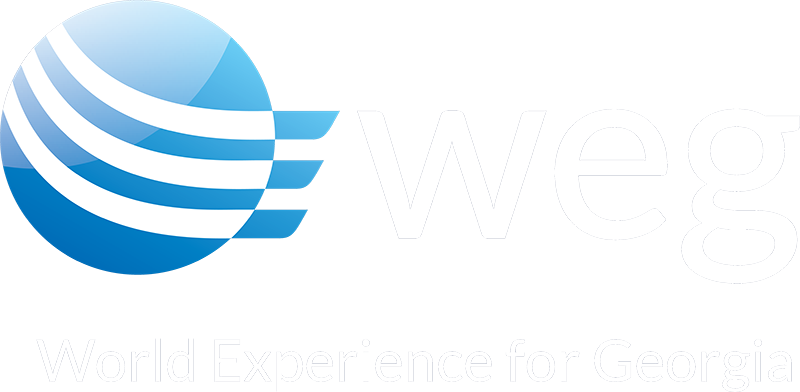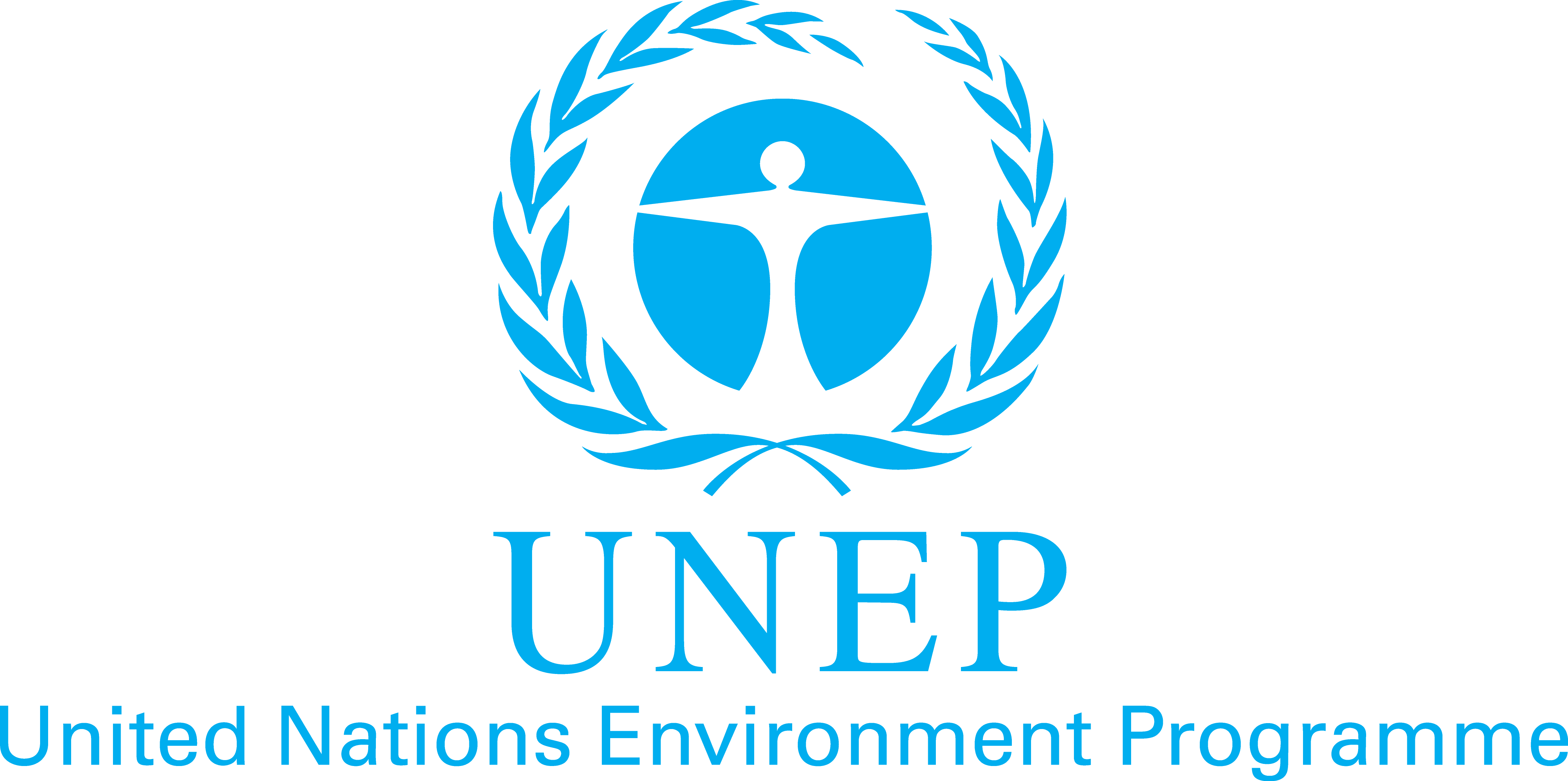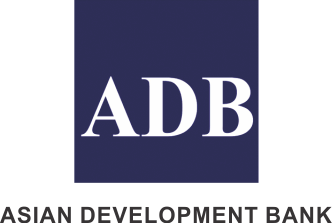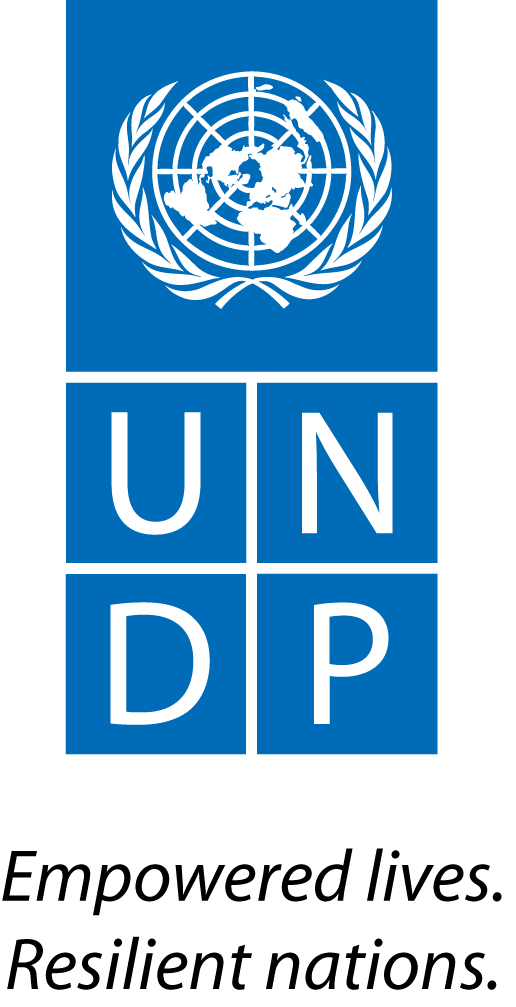Corruption in Energy Sector and it's Cost for Society.
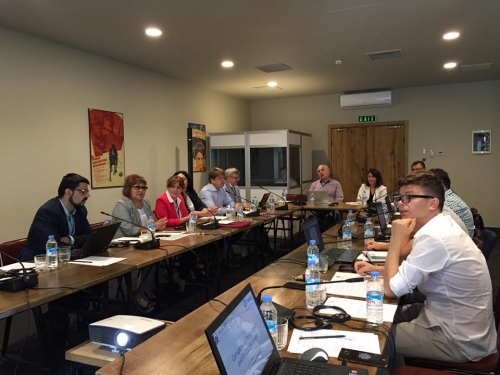 Open Society Foundations in cooperation with WEG organized a two-day workshop in Kazbegi following the Open Governance Partnership summit in Tbilisi on 20-21 Jul. The purpose of this workshop was to identify areas of common interest for independent experts and CSOs working on corruption in the energy sector and explore possibilities for strategic cooperation.
Open Society Foundations in cooperation with WEG organized a two-day workshop in Kazbegi following the Open Governance Partnership summit in Tbilisi on 20-21 Jul. The purpose of this workshop was to identify areas of common interest for independent experts and CSOs working on corruption in the energy sector and explore possibilities for strategic cooperation.
Experts from Armenia, Georgia, Moldova, Ukraine, and Kyrgyzstan as well as experts from EU countries were invited to participate, exchange views, and develop ideas on addressing corruption issues in the energy sector.
The main topic of first two sessions was the broader impacts of corruption in energy, such as on economic development, political accountability, the environment, energy security and national security. Invited experts discussed an internal and external factors driving corruption in the energy sector, such as vested interests, growth of new markets for corruption (renewables), cross-border energy provision (Russia’s role in import-dependent countries), and others. They tried to identify both political and social drivers as well as where barriers to corruption are insufficient
